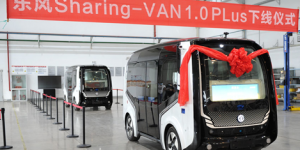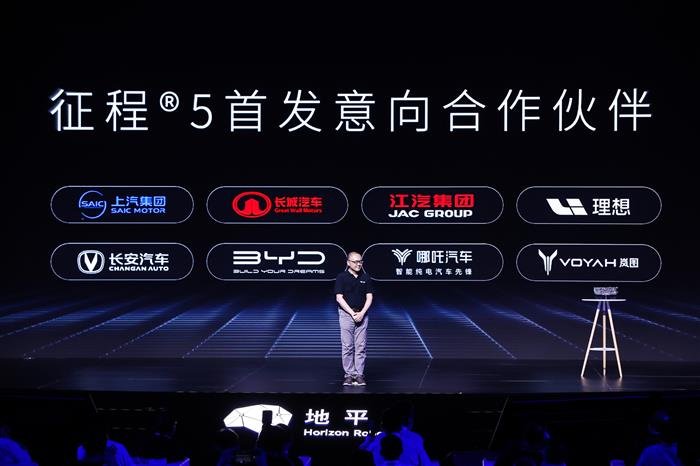
- Stav Shvartz
- August 10, 2021
- 7:52 pm
- No Comments
China AV Newsletter | July 2021
The VDS companies in the south of China are rising, DeepRoute launched its RoboTaxi service to public in Shenzhen CBD, while WeRide regrouped its original JingChi management after MoonX acquisition. 1000 km north to SZ, Auto X and Pony.ai both started operations in Shanghai with new improved autonomous platform models. Autonomous trucks, chip shortage and connected vehicles are all covered as well!
July.1st: XPeng Motors delivered a record 6,565 vehicles in June, up 15% from 5,686 in May and up 617% YoY! P7 cumulative deliveries of the model exceeded 30,000 units.

July.1st: Li Auto delivered a record 7,713 units of the Li ONE, the company’s only model, in June. Representing increase of 320% from a year ago and 78.4% from May. In Q2 of 2021, Li Auto delivered a total of 17,575 units, YoY increase of 166% and 39.7% from Q1.
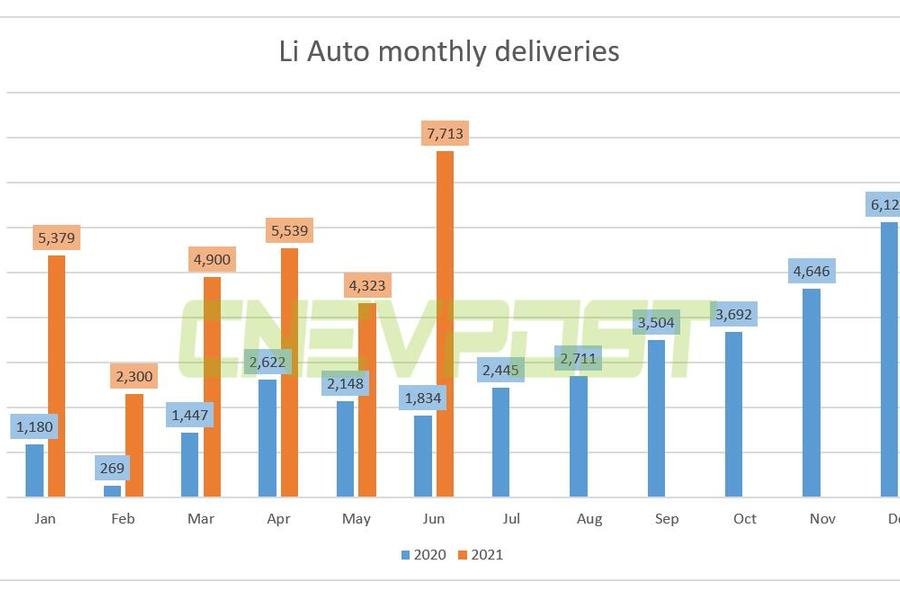
July.5th: The 2021 RBR50 Robotics Innovation Award was awarded to Plus.ai for its autonomous driving system, PlusDrive, which is rapidly being commercialized in heavy truck fleets and has been recognized for its ease of use, safety, affordability, comfort and energy efficiency. The RBR50 Robotics Innovation List, published by Robotics Business Review, has been recognizing 50 of the world’s most innovative and influential technology companies that are driving the development of robotics, since 2010.

July.6th: AutoX officially launched its fifth generation autonomous driving system, AutoX Gen5, in Shanghai, and it is now in mass production. The company also announced for the first time its Chinese name: 安途 (Ān tú), which means ‘safe journey’. According to the introduction, the AutoX Gen5 system is equipped with automotive-grade hardware and electrical architecture, a total of 50 high-definition sensors, including 28 8-megapixel cameras, a total of more than 220 million pixels per frame, high resolution 4D millimeter wave radar and high-definition LiDAR with 15 million point cloud imaging per second.
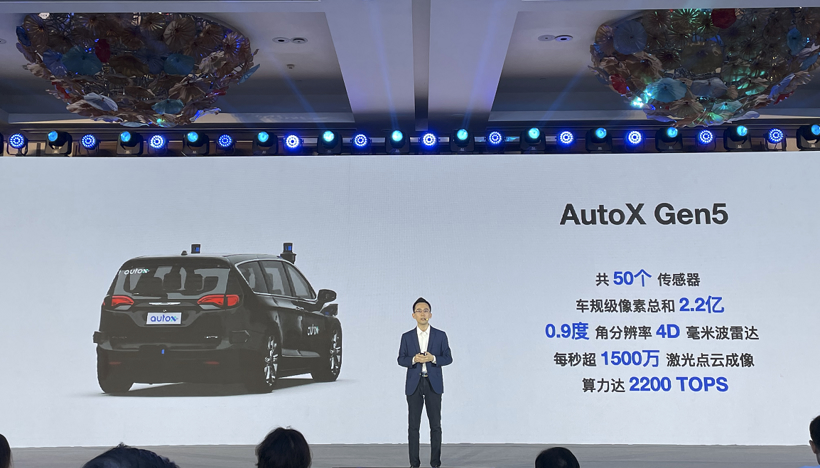
July.7th: Pony.ai announced during 2021 World AI Conference that the Robotaxi service has officially started demonstration operation in Jiading, Shanghai. Users have the opportunity to experience Pony.ai’s autonomous driving cabs in Jiading through PonyPilot+ App, riding Lexus RX model equipped with Pony.ai’s latest autonomous driving system. At the conference, Pony.ai also announced its latest progress in autonomous driving trucks. Since May 11, when PonyTron first announced that it received a road transportation license to launch commercial operations, its autonomous driving trucks have completed 13,650 tons of freight transportation and covered 37,466 km of commercial operation.
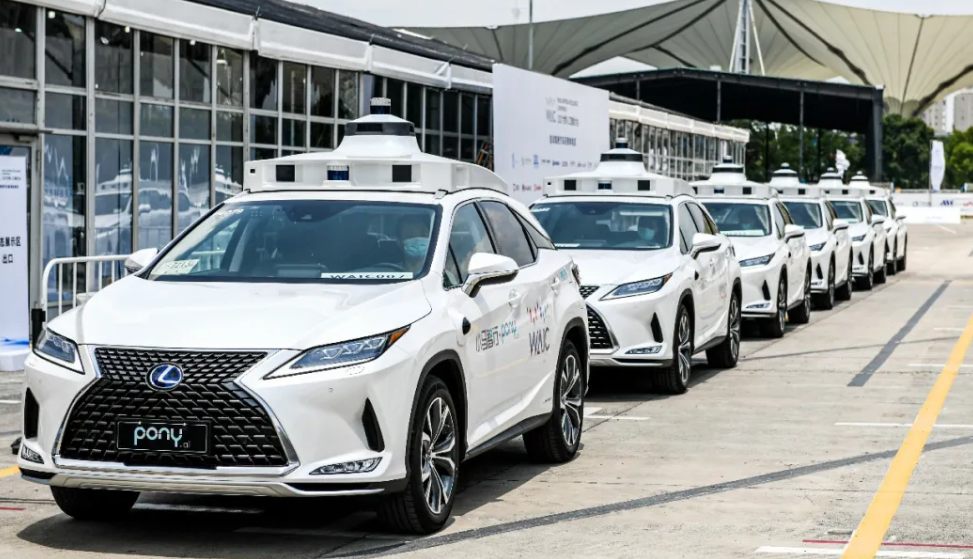
July.9th: HESAI announced a cooperation with Li Auto. The signing ceremony was attended by Yifan Li, CEO of HESAI, and Kai Wang, CTO of Li Auto. Based on the latest generation of HESAI’s chip-based automotive-grade hybrid solid-state LIDAR solution, the two companies will start LiDAR system integration solution for passenger cars. The two corporates will jointly test and validate the system for automotive-grade reliability/ functional safety of LiDAR under complex weather and working conditions, as well as develop a highly automated manufacturing test system based on automotive-grade standards.
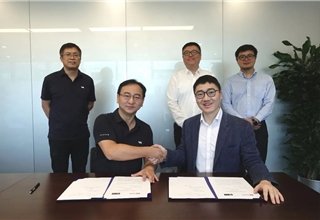
July.14th: Banma Intelligent Automobile announced a new round of funding led by Alibaba, SAIC Group, state-backed SDIC Fund Management Co. and Yunfeng Financial Group, raised another CNY 3 billion (USD 465 million). Banma has 11 years of experience in vehicle operating system (OS), with over 100 million lines of code and more than 2,000 OS related patents. It has cooperated with SAIC, FAW, Volkswagen and other key automobile enterprises on nearly 100 car models, covering more than 3 million intelligent vehicle users.

July.14th: AEye, LiDAR sensor developer, announced its R&D partnership with TuSimple. “TuSimple has the world’s most advanced autonomous driving systems and the best remote sensing capabilities in the industry,” said Chuck Price, Chief Product Officer at TuSimple. “AEye’s Adaptive LiDAR complements our solution with its superior long-range detection capabilities and high-performance features to capture objects at highway speeds as well as obstacle avoidance capabilities, which are necessary to enable safe autonomous driving trucks.”
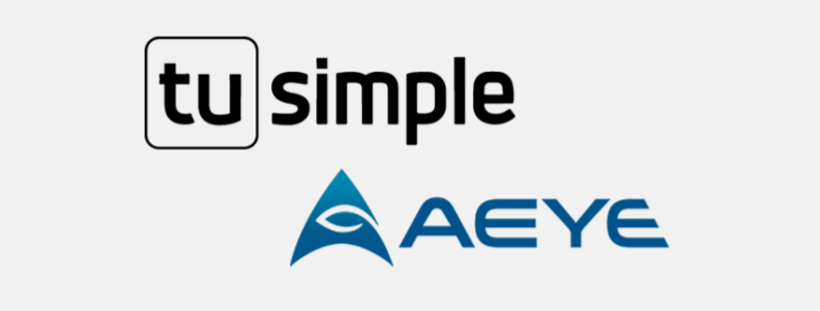
July.15th: SAIC Audi and Alibaba Cloud signed a memorandum of cooperation, covering the areas of omni-marketing, connected cars, digital ecology and smart logistics construction. The partners plan to leverage their respective advantages, based on leading cloud computing, IoT, data intelligence and other technologies, to promote digital marketing in the automotive industry and build a smart travel ecosystem.
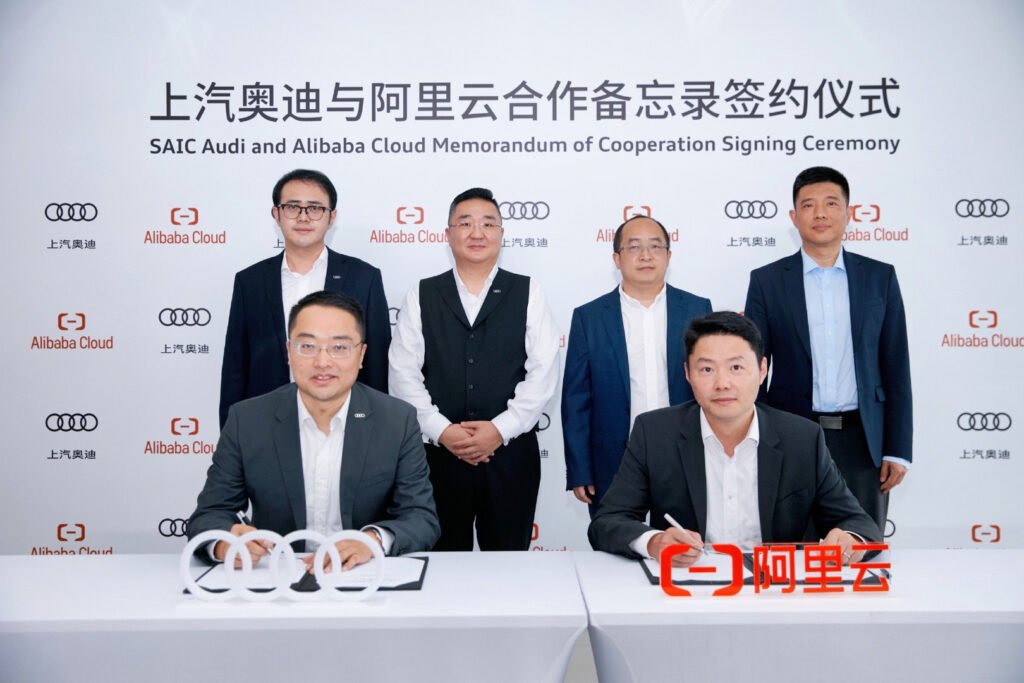
July.15th: TSMC expects sales to improve by more than 20% in 2021, affirming the company’s key role in helping to alleviate the global chip shortage. TSMC’s Q2 net profit rose by 11% from last year, though still below analysts’ expectations. Revenue from automotive customers rose by 12% from Q1. TSMC CEO C.C. Wei said it will increase production of microcontrollers by nearly 60% this year to help its automotive customers to ease the chip shortage.
July.19th: Shenzhen Futian District has partnered with DeepRoute to officially offer Robotaxi demonstration services for the public. DeepRoute has deployed 20 Robotaxi vehicles in Shenzhen, covering nearly 100 stations including the core CBD, with a total operating stretch of more than 200km. Shenzhen citizens can apply for a ride invitation code via WeChat subscription
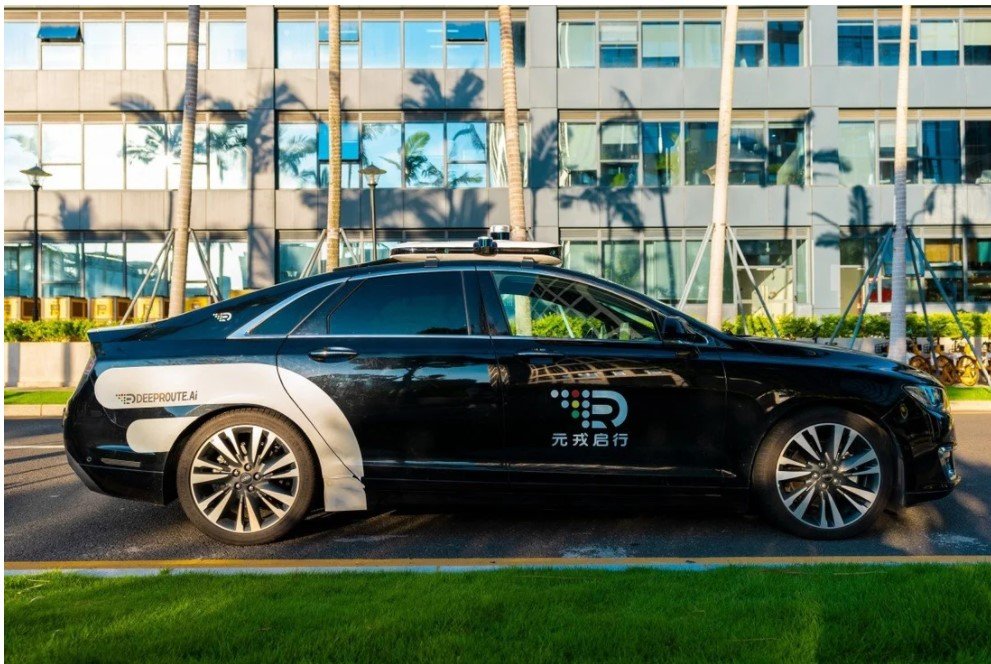
July.20th: WeRide announced its acquisition of MoonX.ai, an autonomous driving freight industry startup. For this wholly-owned acquisition, WeRide emphasized that it hopes to leverage MoonX.ai ‘s strengths in freight scenario exploration, and that WeRide will accelerate its strategic layout in autonomous driving technology, innovative products, commercialization scenarios and key talents. Dr. Yang, founder and CEO of MoonX.ai, was formerly a senior director at DiDi, as well as the Chief Scientist and Vice President of R&D of JingChi Technology, which is the predecessor of WeRide. In this act the original management team of JingChi is coming back together under WeRide.

July.22nd: CalmCar, a provider of autonomous driving solutions, announced that it has officially closed its Series C funding round, raising approximately $150 million. The company noted that it plans an IPO during 2022. The financing, led by ZF Group, will be used to fully expand the front-end mass production capacity of hardware and software for L2-L4 level high and low speed autonomous driving systems to better serve global customer needs and achieve mass production on vehicle manufacturers’ models in 2022.
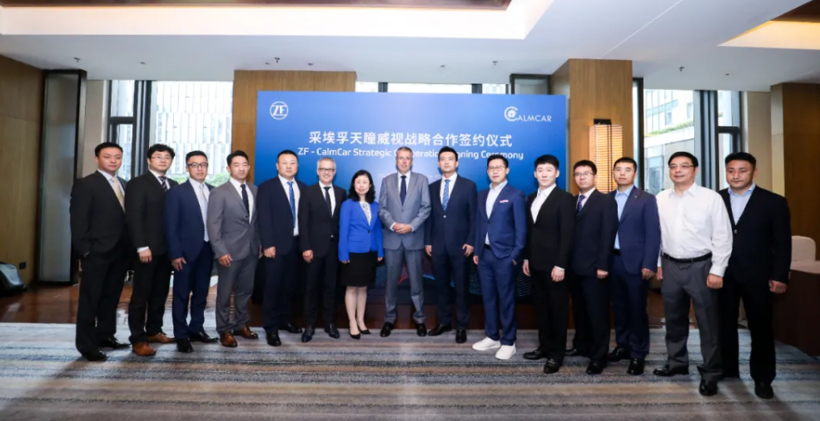
July.22nd: XPeng Motors has completed a CNY 250 million (USD 39 million) acquisition of Jiangsu Zhitu Technology, a high-precision map provider, paving the way for it to support Navigation Guided Pilot (NGP) on urban roads. XPeng acquired Zhitu mainly because of the value of its high-precision mapping credentials. Currently, the NGP function in XPeng P7’s XPILOT 3.0 is developed based on Gaode Map’s high-precision map, while NIO uses Baidu’s high-precision map on its similar NOP function.
July.26th: SemiDrive announced the completion of nearly RMB 1 billion (USD 155 million) Series B financing. This round of financing was jointly led by Pro Capital and Yunhui Capital and will be mainly used for R&D of more advanced process chips. “More advanced process chip research and development, can ensure reliability first priority, to achieve better performance and power consumption performance, to promote faster implementation of intelligent driving commercial application scenarios.” , said Zhang Qiang, Chairman of SemiDrive.
July.27th: TRUNK, an autonomous driving truck company, announced that it has been awarded the first batch of autonomous driving road test licenses for commercial vehicles in Beijing. This is the first road test license issued for commercial vehicles in Beijing’s high-level autonomous driving demonstration zone, and TRUNK has joined hands with JD Logistics & China National Heavy Duty Truck and Fuyu Truck & Foton to obtain two road test licenses respectively. Those road test licenses signifie that TRUNK ‘s autonomous driving trucks will be first to break through the boundary of scenarios and enter a more open, higher-order and closer to the real road test phase of actual operation scenarios.

July.29th: Beijing has announced the launch of the country’s first policy on the management of autonomous driving tests on highways and urban expressways, opening a 10km section of the Beijing section of the Jingtai Expressway in both directions for preliminary road testing and validation. The initial test is in principle arranged within the two lanes on the right side, with a speed limit of 120 kph for passenger cars and 80 kph or less for commercial vehicles. In this, companies such as Baidu Apollo, which passed multiple dimensional tests, became one of the first companies in China to be able to start road testing in high-speed scenarios. This means that Baidu Apollo autonomous driving road testing will be extended from complex urban road scenarios to high-speed scenarios, and Baidu Apollo autonomous driving will open more scenarios for commercial exploration in the future.
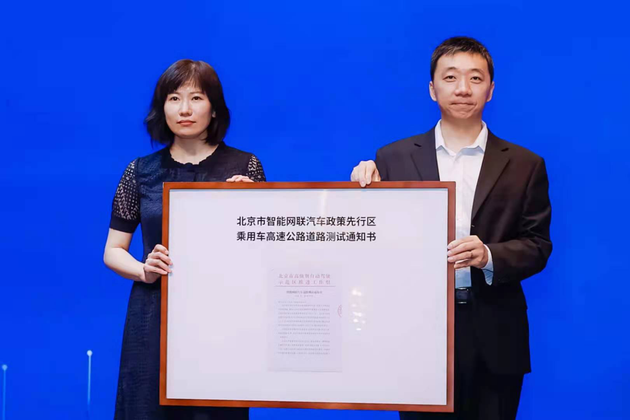
July.29th: Horizon Robotics announced its third automotive-grade AI chip, Journey 5, and real-time in-car operating system, TogetherOS™. The single-chip AI computing power of Journey 5 can reach up to 128 TOPS, supporting 16 cameras; with BPU Bayesian architecture, its computing performance can reach 1283FPS, while power consumption is maintained as low as 30W, with low latency of only 60ms. The intended partners for the debut of the Journey 5 are leading OEMs, including SAIC, Great Wall Motor, JAC, Li Auto, Changan Automobile and BYD.
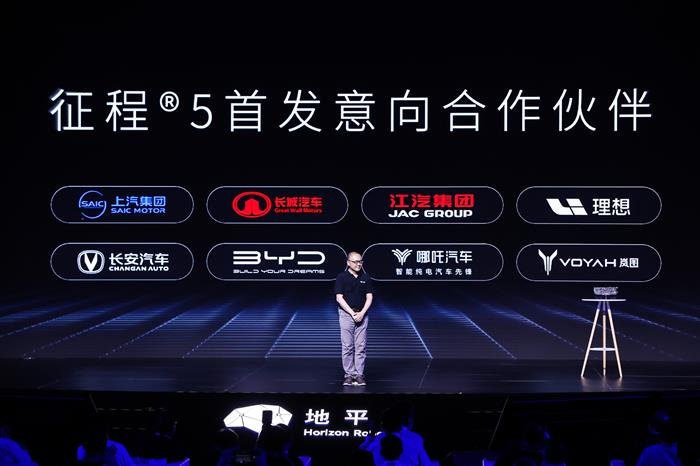
Sources: Gasgoo; EqualOcean;

